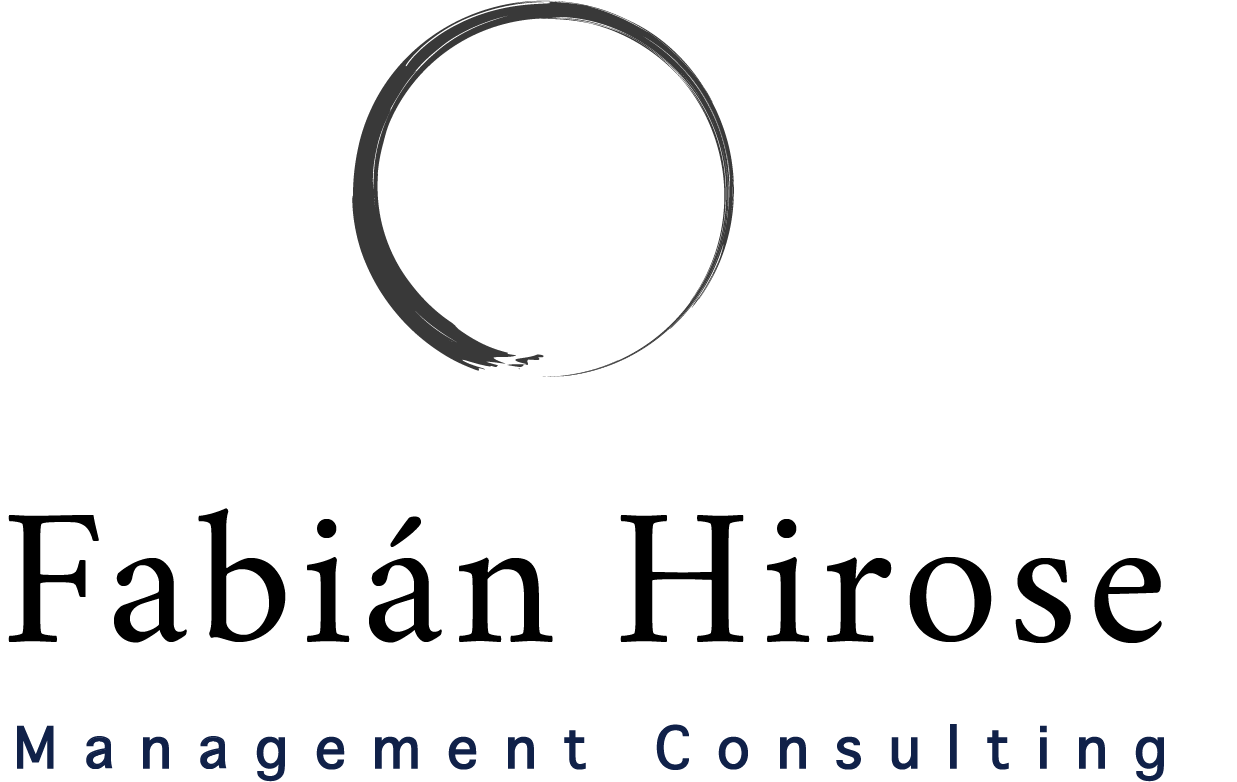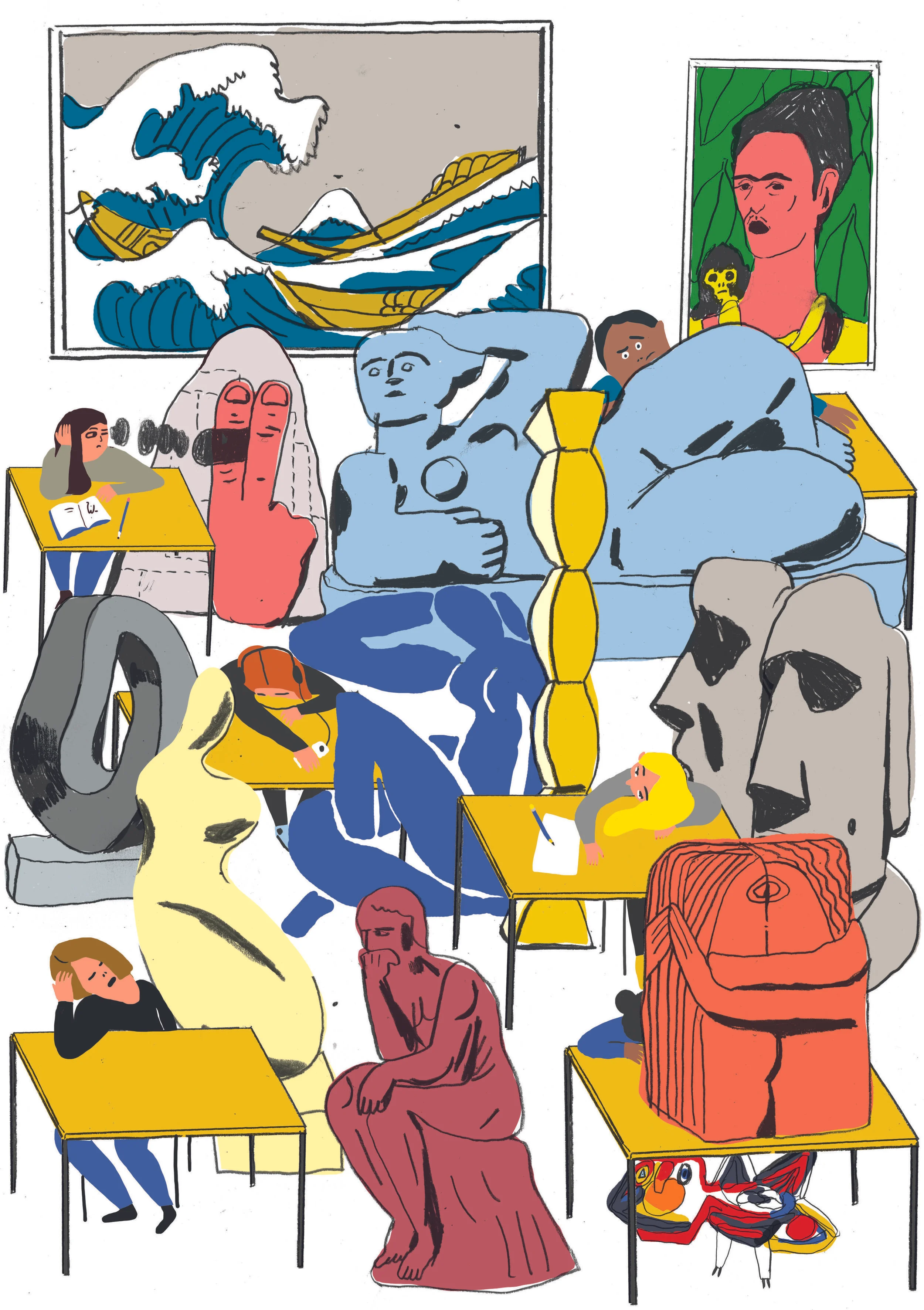A blog discussing the amalgamation of boundaries including international law, global economy, geographical positions and communities needs and desires into which the fashion industry is placed.
- A brief reflective enquiry process to support personal and professional development -
After my 17 years of learning, unlearning and relearning about myself, my relationship with the fashion industry and my place within the system, I can’t start talking about fashion without naming the external elements that allow this industry to exist. Just like any other business, fashion companies provide solutions to specified sectors of global communities answering their needs based on the individual and collective life continuum that the community requires to coexist.
Read More




















